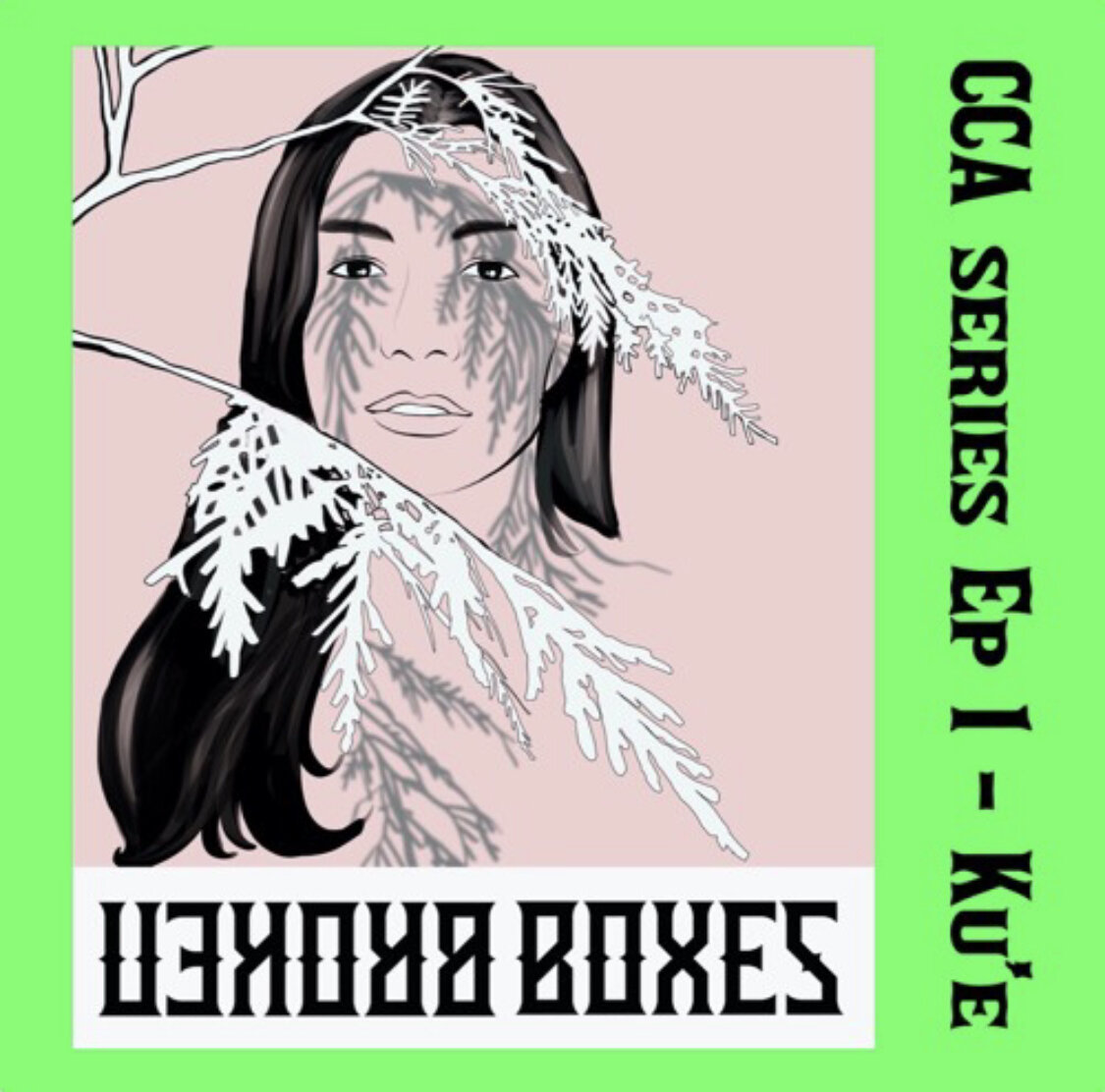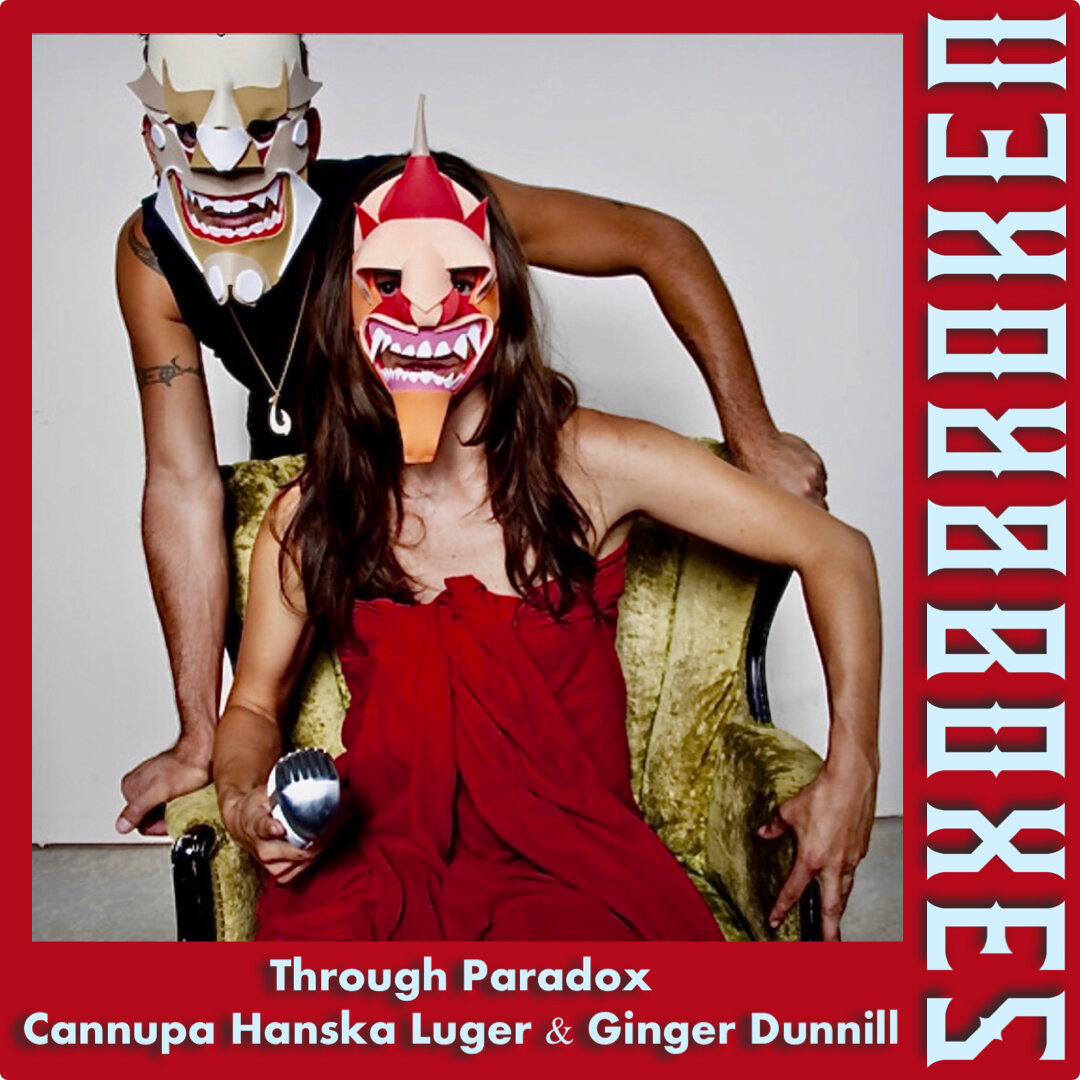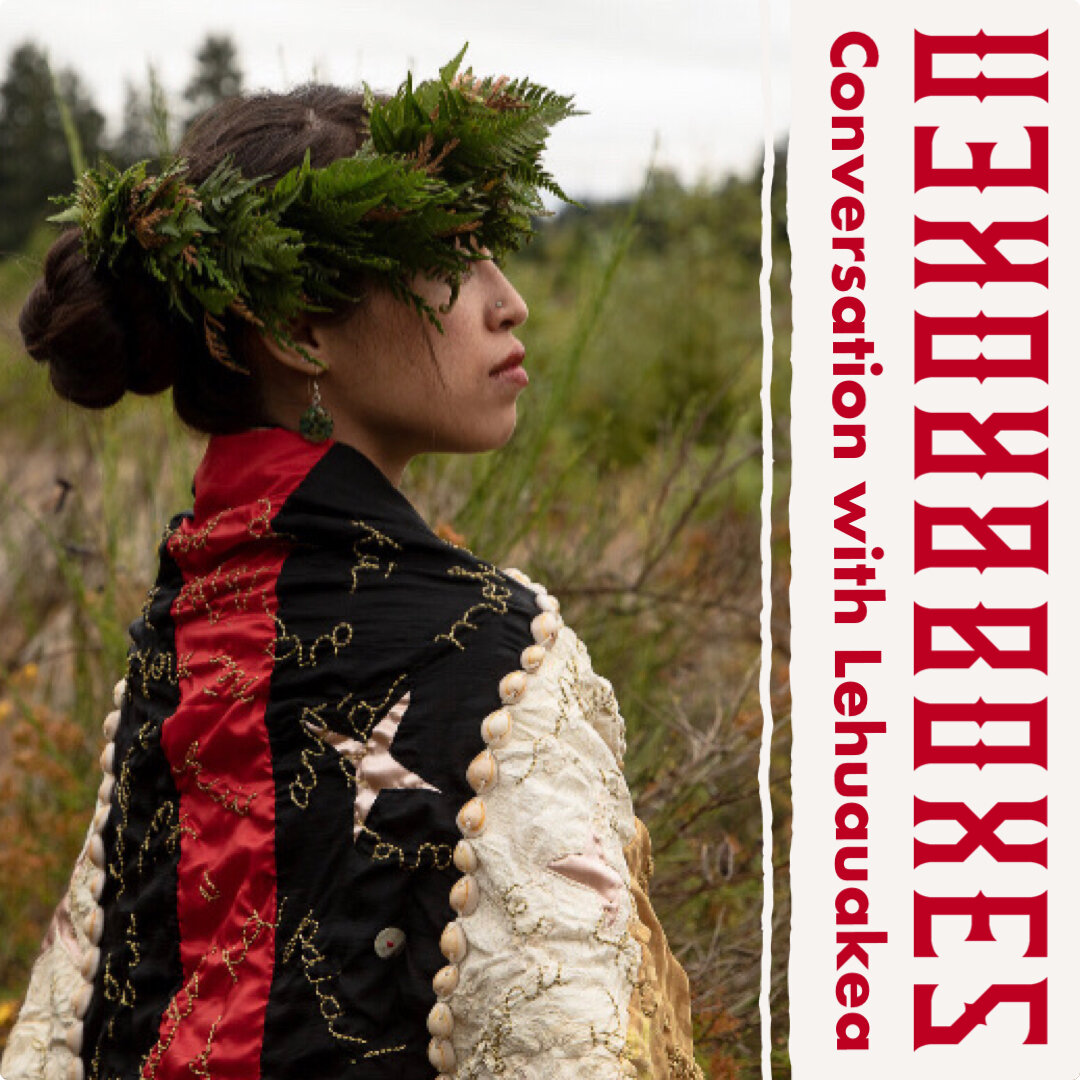Bonus episode: Ku'e - Who I am/ What I stand for - CCA series launch for Radio Coyote
This is a special Bonus Episode, presented as a poem stitched together with music and memory, story and reflection. I am a sound artist and this is how I feel most comfortable to share a bit of my own story, who I am on this planet, how I maintain community, connection to land and assert ally-ship to the various communities who I love and who love me.
This episode was the first broadcast to open a series of 18 episodes presented by Broken Boxes for Radio Coyote and aired March, 2021. You can hear the full series archive at Radiocoyote.org.
Ku`e loosely translates from Hawaiian language to mean, “To Oppose, Resist: Stand Different”. My life I have always been different, it used to feel like a point of trauma, not belonging, but now as I grow older, I feel like this understanding of relationship to self and land is what makes me so strong. I am proud of who I am and where I come from. This broadcast is the memory of home. The land I was born in/with/for and the people and locations and songs that informed my being on the planet. In the middle of the pacific ocean, the water and the land of Hana on the island of Maui, Hawai’i. This broadcast is my memory of that place, it is a vulnerable love story. Kumu Kama, a teacher of mine from my youth used to say “You have to honor the land, songs and dance of where you are from in order to honor the that of others you may want to support and be in community with.” Thank you to my family and friends for sharing your memories of home transmitted here in a mixtape format to set up this series.
Thank you to my dad, my hanai sister Pamakani Pico and my dear friends Christy Werner and Angelica Belmont who contributed to this episode by sharing stories from home!
Music featured in this episode:
Artist: Olomana
Song: Ku'u Home O Kahalu'u
Artist: Hapa
Song: Lei Pikake
Artist: Paula Fuga
Song: Loloiwi
Audio recording from the late Kanaka Maoli activist Haunani Kay Trask. This excerpt is from a speech Trask gave On the 100th anniversary of the illegal overthrow of the Hawaiian Kingdom, in 1993, where Trask famously spoke in front of Iolani Palace.
Artist: Composed by Hinaleimoana Wong
Song: Kū Haʻaheo E Kuʻu Hawaiʻi
This conversation was hosted by Ginger Dunnill of Broken Boxes Podcast








